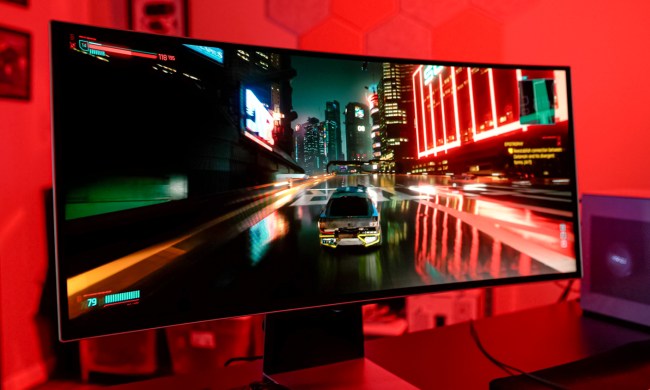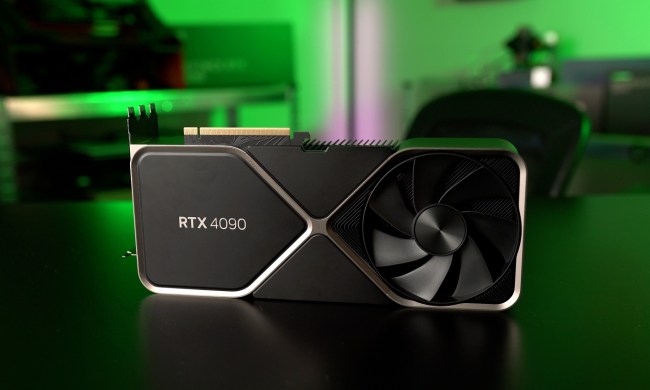
How are you keeping your gaming PC cool during the summer?
— Digital Trends (@DigitalTrends) July 3, 2017
The first option is also one of the simplest. More fans, or better fans, can often mean better airflow, although that isn’t always true. Your case may not have enough intake vents to actually experience a noticeable reduction in operating temperatures. Even with plenty of ventilation, adding more fans may not create enough pressure to actually improve airflow or lower heat buildup. In that case, you may have to take more aggressive options.
That often involves liquid cooling. Whether it’s an all-in-one cooler with a closed loop for your CPU, or a complex series of hard-lined tubes and extra radiators, liquid cooling doesn’t just improve performance temperatures, it can also keep a system consistent through exterior temperature fluctuations. It’s becoming cheaper than ever to include liquid cooling in a gaming rig, and it’s an excellent choice for keeping cool.
Another option is to simply use central air conditioning or a window AC unit to keep the whole room cool. It’s not the most direct answer to the problem of high CPU and GPU usage generating a lot of heat, but it’s certainly an effective one, assuming you don’t mind paying a bit extra on your power bill for the month. Plus you’ll just be a nerd — and not a sweaty nerd.
Finally, there’s the easy way out. Just don’t worry about it! Hardware is generally capable of running upwards of 80 degrees Celsius without issue, so if the weather isn’t too extreme when you are, there’s no need to stress about it. That said, there may be some adverse effects that come about through apathy, the largest of which is that important components like the GPU and CPU may have to throttle, or hold back on speed, in order to keep cool enough to stay within recommended temperatures.



